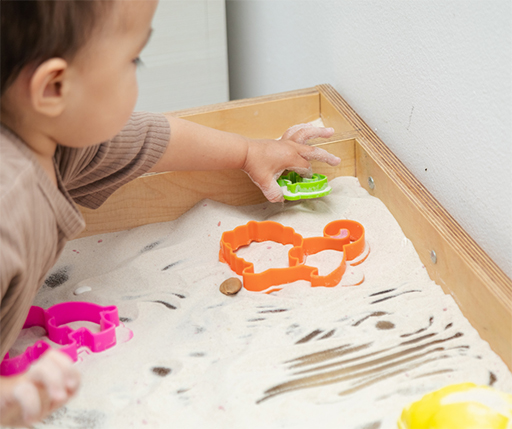Introduction
Play is a fundamental aspect of childhood and a cornerstone of early development. For young children, play is not merely a pastime but a vital way of learning about themselves, others, and the world around them. It encompasses a wide range of activities – both structured and unstructured – that allow children to explore, create, imagine, and interact.
One of the defining characteristics of play is that it is self-directed and intrinsically motivated. Unlike adult-led tasks, play is driven by a child’s interests and choices. This autonomy allows children to test ideas, take risks, and express themselves freely, all of which contribute to a strong sense of self and agency. Through activities such as role play, storytelling, and game-playing, children also develop their communication skills, empathy, and understanding of social rules and relationships.
The environments in which children play, and the attitudes of adults towards play, significantly impact its quality and effectiveness. Supportive, play-rich settings that provide a variety of resources and opportunities for exploration encourage deeper engagement. Furthermore, when adults observe, listen, and occasionally participate in children’s play without dominating it, they help to extend learning while respecting the child’s autonomy.
By the end of this week, you will be able to:
- understand what schemas are
- recognise why floor play is important in supporting babies’ development
- recognise the opportunities that loose parts play and Treasure Baskets provide to support learning.

